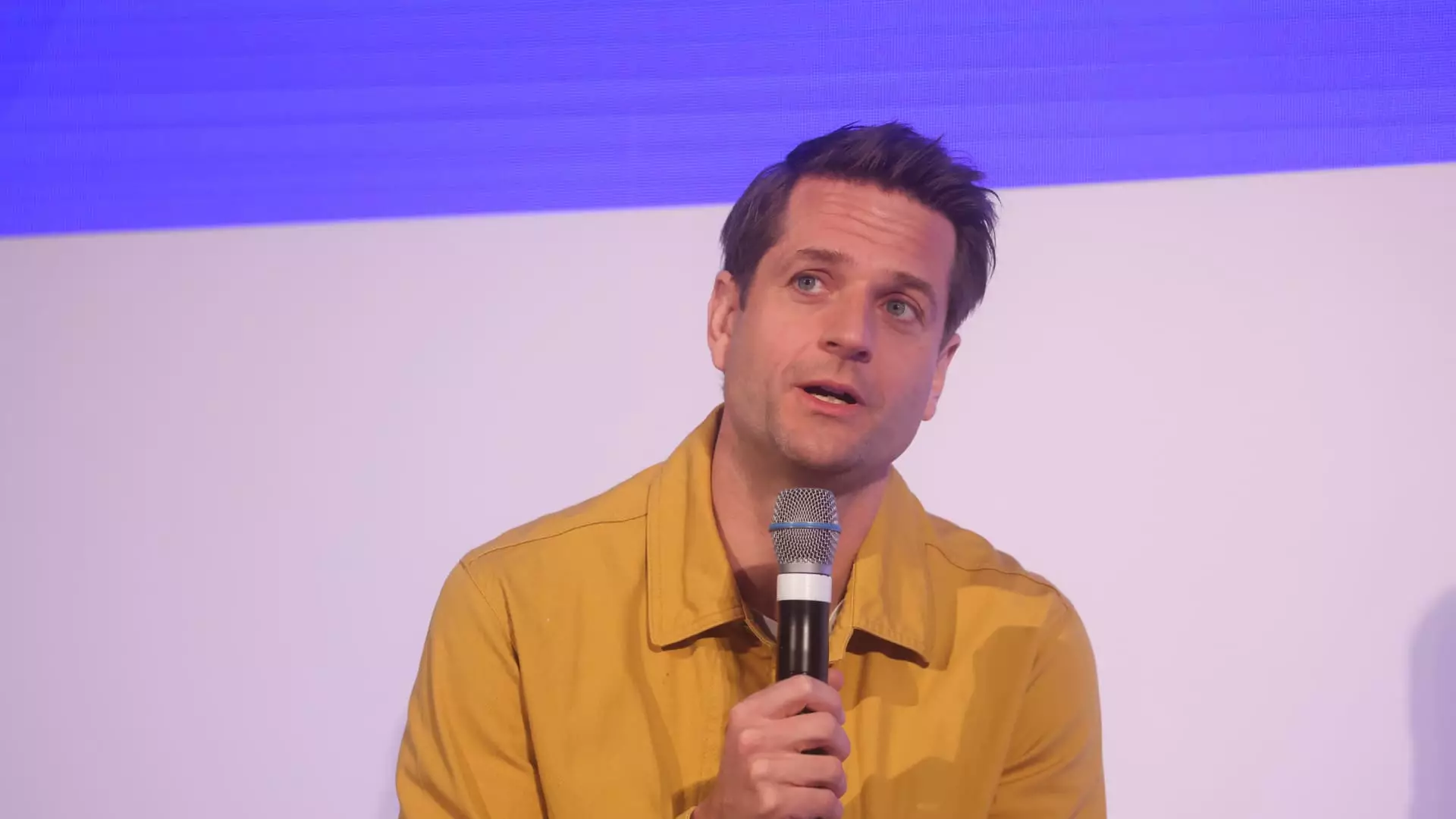As Klarna, the Swedish fintech company renowned for its buy-now-pay-later model, inches closer to its much-anticipated initial public offering (IPO), it faces an existential threat that could undermine its competitive edge in the tech industry. Recent comments from CEO Sebastian Siemiatkowski, during an interview with CNBC, have brought to light a critical issue: the brain drain of technology talent from Europe. This phenomenon is not only affecting Klarna but potentially stunting the growth of the European tech ecosystem as a whole.
One key factor Siemiatkowski highlighted as a significant risk in the lead-up to the IPO is the unfavorable employee stock option regulations in Europe. The concept of equity compensation is crucial for many tech companies, serving as a motivator and retainment tool for top talent. Unfortunately, the financial structures surrounding employee stock options in the European labor market are viewed as less appealing compared to counterparts in the U.S. This creates an environment where skilled employees are vulnerable to recruitment offers from established giants like Google, Apple, and Meta.
The unsettling trends are stark when numbers are considered. Klarna reportedly allocates only a fifth of its revenue in equity to employees, significantly lower than its publicly listed peers, who offer six times more. This disparity raises immediate red flags for the company’s ability to attract and maintain a highly skilled workforce essential for innovation and growth.
The intricacies of European social security laws further complicate the scenario. In countries like the U.K. and Sweden, the lack of caps on employee social security deductions can decimate the value of stock options when employees cash out. This situation creates a huge financial burden, ultimately dissuading European startups from offering competitive stock option programs. For instance, in markets like Germany and Italy, where social benefits have defined limits, tech firms have a more predictable expense model and can offer more attractive compensation.
Siemiatkowski emphasizes the unpredictability of stock price-linked employee costs, stating that when costs fluctuate based on company performance, it creates profound challenges in strategic planning. The impact on profit and loss statements is serious, complicating financial governance as firms sidestep offering competitive packages to shield their bottom lines.
Klarna’s looming IPO, highlighted by Sebastian Siemiatkowski’s remarks, represents a pivotal moment not just for the company but for the broader European fintech landscape. With anticipation building for a potential public listing in 2024, working to ensure a stable and reliable talent pool is critical. Siemiatkowski has openly acknowledged the risk of employee attrition leading up to the IPO as the firm gains prominence within the U.S. market. The heightened visibility may increase the chances of Klarna employees receiving lucrative offers from American firms, prompting fears that the company could lose valuable human capital.
The contrast in corporate culture between Europe and the U.S. cannot be overlooked. Siemiatkowski notes that there’s a prevailing sentiment in Europe, particularly in the financial services industry, that undervalues skilled labor. This mindset hampers competitive edge, leading highly capable professionals to the more lucrative ecosystems offered by American tech firms, where recruitment efforts often include streamlined visa processes and remote working opportunities.
To cultivate a flourishing tech ecosystem, it is vital for European countries to reassess their compensation structures and labor policies. Innovative solutions to streamline employee stock options, capping social security payments, and reinforcing a culture that prizes high-quality talent will be essential. As the global tech landscape continues to evolve, Europe must work to collaborate and create frameworks that ensure local firms can compete effectively on the world stage.
As Klarna prepares to embark on this pivotal journey toward becoming a publicly traded company, the lessons learned from Siemiatkowski’s insights offer a clarion call for urgent action. By embracing necessary reforms and acknowledging the importance of comprehensive employee compensation strategies, Europe’s tech firms may yet retain their brightest talents and bolster their prospects in an increasingly competitive marketplace. As the entrepreneurial spirit fuels technological innovation, addressing the challenges of talent retention could be the linchpin for sustainable growth in Europe’s tech sector.

Leave a Reply